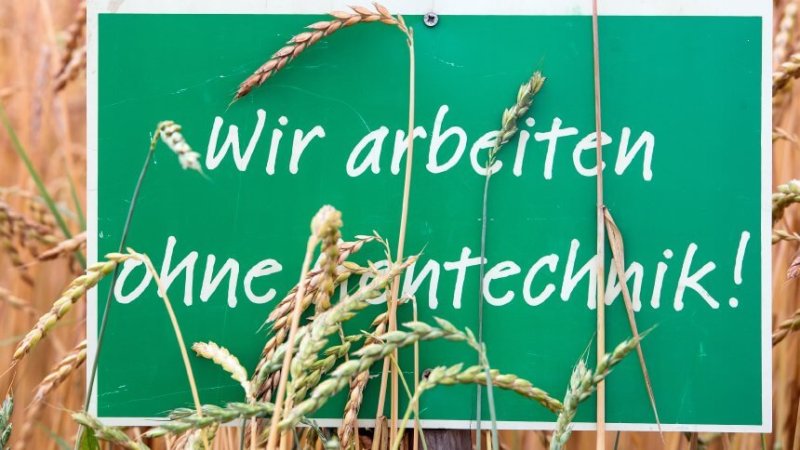Martin Häusling, spokesman for agricultural policy of the Greens / EFA in the European Parliament, and Harald Ebner, spokesman for genetic engineering and bioeconomy policy, explain the position papers of the BÜNDNIS 90 / DIE GRÜNEN and GRÜNEN in the European Parliament on the subject of genetic engineering in agriculture in the Bundestag:
Martin Häusling:
“The paper voted today reaffirms the clear position of the Greens / EFA group from all over Europe to heed the precautionary principle and the full implementation of the 2018 ECJ judgment. For us, deregulation of the procedures and thus the elimination of risk assessment, monitoring, labeling and traceability are out of the question. The paper is a strong statement for a systemic transformation of our agricultural systems towards agri-ecological systems.
Attempts to use genetic engineering to alleviate the symptoms of intensive agriculture, such as the much-touted drought and drought resistance of plants, are doomed to fail. Relying on genetic engineering processes leads to an even stronger concentration of the seed market …. and plays into the hands of the large corporations. The dependence of farmers on the few dominant chemical giants must not be further increased by these risky technologies.
In the detailed statement, we European Greens call for, among other things, a strict procedure by the European Commission in the event of non-compliance with the release requirements regarding genetic engineering by the member states. This must be flanked by consistent control and ensuring the traceability of imports. The appeal for a global moratorium on gene drives will also be made again. ”
Harald Ebner:
“New genetic engineering is also genetic engineering and must be regulated in exactly the same way. This is what the European Court of Justice (ECJ) ruled in July 2018. The parliamentary group continues to stand for the precautionary principle and freedom of choice.
According to surveys, a majority of Germans reject genetic engineering in agriculture and food. We must continue to ensure freedom of choice and GMO-free agriculture ….
We reject the deregulation of the existing genetic engineering legal situation, which is demanded by the agrochemical industry, because only in this way can risk assessment and labeling of genetically modified organisms continue to be guaranteed.
There is nothing to suggest that genetically modified plants or animals could answer the unresolved complex problems and questions of world nutrition such as access to land and water, the end of civil wars, training and knowledge transfer. CRISPR / Cas in particular is a potentially enormously in-depth process that intervenes directly in the genome, which is why respect for future generations requires that they do not take their options for action and decision out of their hands through deregulation.
With the release of genetically modified organisms in particular, extreme caution is still required because no one has been able to guarantee that they can be retrieved. ”
[Editor’s note: This article was published in German and has been translated and edited for clarity.]































